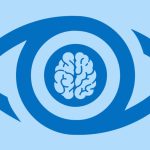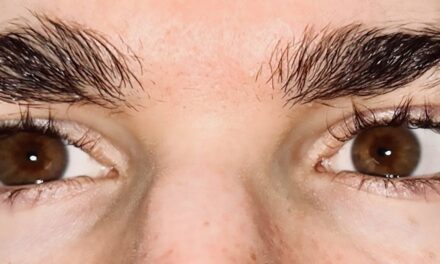
Editor’s Column August 2025

This year marks my 20th anniversary of graduating from Optometry school. I went to NECO, and this year the Academy meeting is in Boston, so my class is planning on getting together and reminiscing about our four years together. I have several favorite periods of my life, but that time ranks pretty high up there. I was navigating life in a big city, hitting up bars with friends, studying in every library in Boston, sneaking into the gym at Boston College, watching the Red Sox win the World Series while I was supposed to be studying for midterms. I remember the stress of the exams, the camaraderie of going through something very hard with so many others, the strangers who became close friends. I remember neuroanatomy, pediatric screenings, taking two trains and a bus to my second-year rotation, studying for boards, panicking about boards, seeing my first pathology, examining a cadaver, working as a tech at a hospital downtown. I stayed in Boston after school and did a residency at the VA here, and then I just kept staying. I’ve been here for 24 years now, and even today, when I’m walking around the city I still think about what the city looked like when I was in Optometry school. I’ll walk down Beacon Street and remember walking down it 20 years ago at 2 A.M. with my friends. I’ll walk past a guitar store and remember that’s where I took Part 3 of NBEO. I’ll walk by an apartment building and remember that’s where my friend lived. Now other people live there. There’s a lot that’s changed about the city; it’s nicer now, but I miss the grittiness. The only constant in life is change.
I knew nothing about the eye when I started school. I remember having to write “Cornea Front, Retina Back” in my notebook for quick reference because I was getting lost. I guess going into school I thought I would just figure it out, and – looking back – I guess I (mostly) did figure it out. Now I don’t even need to look at that notebook to remember which one is in the front. I’ve changed a lot in regard to what I know about eyecare, but eyecare itself has changed as well. I remember diagnosing wet macular degeneration in patients but having no anti-VEGF treatments to offer them- only a referral to a retinal specialist, followed by a low-vision specialist. I remember diagnosing wet macular degeneration without the aid of OCT. It’s hard to even fathom practicing eye care in a medical setting without an OCT now. Perhaps it’s one of the biggest advances in diagnostic equipment in any specialty this century? There’s also the advent of Optos and ultra-widefield imaging. This technology is less universally praised, but it has certainly changed the way many practices operate. Another significant change in eyecare this century is the decline in the number of self-employed Optometrists. When I was in college, choosing what to do with my career, I pictured Optometry as a small practice with a phoropter, a slit lamp, and a multitude of contact lens trials. I’m an optometrist now, but my job now is quite different from that picture: not better or worse, just different. I wonder what Optometry will look like in another generation.
If the only constant in life is change, then trying to fight it is futile at best. Change is, as they say, the only thing that has brought progress. I remember showing off the hospital’s new time-domain OCT to specialists in 2005. It was met with great skepticism and was deemed a huge waste of money. Surely, it was concluded, the OCT will never be as good as “my exam.” And while a dilated fundus exam is still vital, it didn’t take long for the OCT to prove itself as indispensable for many conditions. What changes have happened during your career? Did you see them coming? Did you fight them? Did they prove to be a positive or a negative? Sometimes the secret is not to fight to keep things the same, but fight to change them in the way that helps the most people.
Dr. Rett is the Editor-in-Chief of the Journal of Medical Optometry and the secretary for the American Board of Certification in Medical Optometry. He is the Chief of Optometry at VA Boston and sits on the national Field Advisory Board for Tele Eyecare at the VA. He is adjunct clinical faculty at several optometry schools, lectures nationally and enjoys writing about eyecare whenever and wherever.







